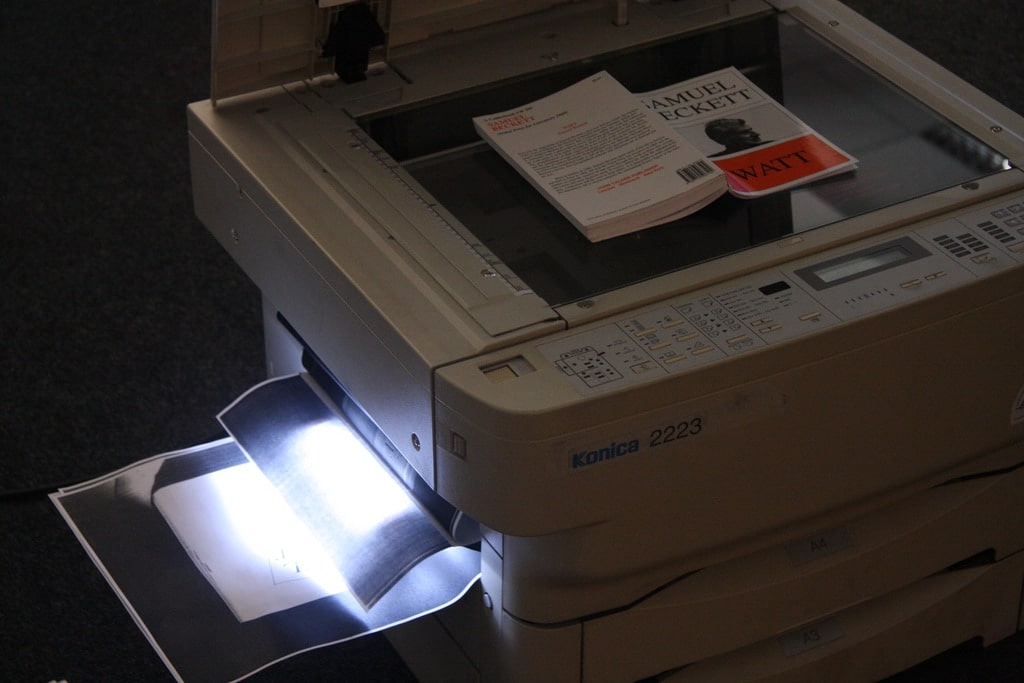PSA: Monopoly, Monopsony, and Amazon
What with Amazon beating up another supplier today, I thought it would be useful to take a few minutes and comment on the way in which many people are misusing the word monopoly.
Many people like to throw around the label monopoly when talking about Amazon. Given that Amazon has somewhere around a third of the US book market, that claim is questionable at best, but when you point at Amazon mistreating their suppliers and call them a monopolist it is simply untrue.
If you want to complain about Amazon having power over their suppliers, what you should be calling them is a monopsonist. The difference is pretty simple. A monopoly is a market in which there is only one seller, while a monopsony is a market with only a single buyer.
- Monopoly – in economic theory, a market situation in which there is only one seller.
- Monopsony – in economic theory, a market situation in which there is only one buyer.
I know that some of you are thinking that Amazon is using their monopoly position in the retail market as a club to bully a supplier, in which case you can still say they are using their monopoly power. You could say that, but I think it is better to use the right word.
Plus I just happened to like words, and since the topic of monopolies and monopsonies came up today I thought it would be fun to share the definitions.



Comments
Thesfreader May 23, 2014 um 1:29 pm
OK. Then I guess we can agree that Amazon is negotiating from the dominant position it has due to its major buying market share.
Thesfreader May 23, 2014 um 1:31 pm
I don’t dispute the fact that they gained that dominant position via a better offering in the first place.
Rob Siders May 23, 2014 um 5:38 pm
Depends on how you define dominant. Amazon’s leverage power is limited, visible and potentially more harmful to itself. If Amazon wants to that new Rowling book, it must buy it from Hachette. The publisher, on the other hand, can hold steady on its demands while painting Amazon as the bad guy.
Nate Hoffelder May 23, 2014 um 5:50 pm
Except Hachette is much more vulnerable than Amazon. The latter’s stockholders like viciousness, while the former has a much smaller pocketbook.
Rob Siders May 23, 2014 um 7:08 pm
Without question. It’s why Hachette started the whisper campaign with its stenographer at the New York Times. But that doesn’t mean it’s in the weaker position.
flyingtoastr May 23, 2014 um 5:57 pm
"Amazon’s leverage power is limited"
Depends on the publisher. Amazon may "only" account for a third of the US book market, but for individual publishers they can control a much higher percentage. This very thing happened last year to IPG.
TheSFReader May 24, 2014 um 2:37 am
And while we are talking vocabulary, an other interesting word is Oligopsony, in which a small number of buyers control while the number of sellers is large.
In some ways, the Publishers/writers market is one such, where publishers/buyers can dictate their conditions to authors/sellers, which has lead to unbalanced/unfair publishing contracts.
On that front, Amazon has indeed re-opened the market by helping create a competitive alternative to Big6-5 publishers.
Looks like publishers don’t like to take the medicine they gave authors for so long…
Amazon’s Hachette hassles | Making Book June 4, 2014 um 6:52 pm
[…] isn’t enough for a monopoly: I really don’t know. It’s certainly substantial. (The Digital Reader assures us that Amazon doesn’t reach the monopoly […]